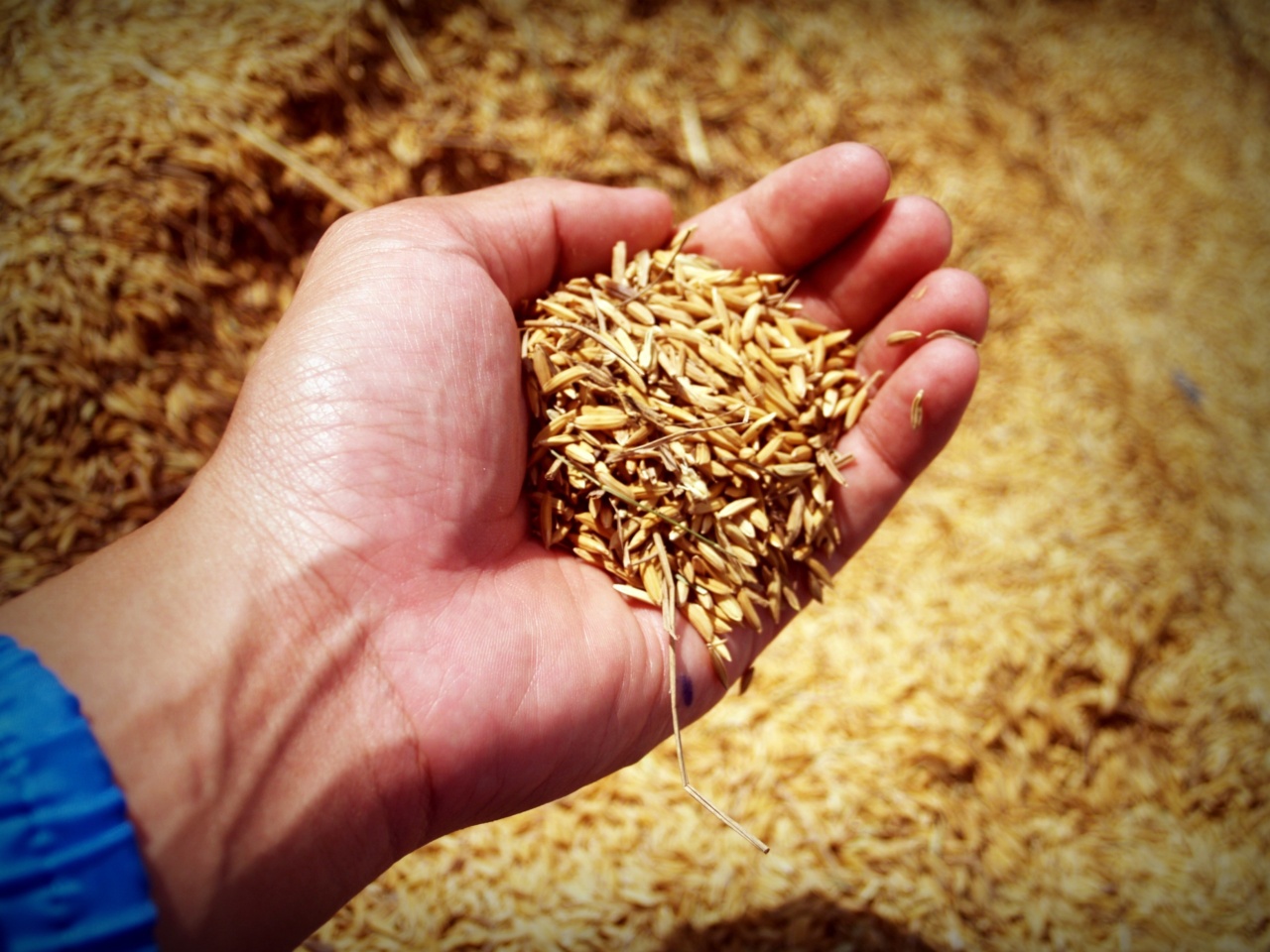Whole grains have been proven to provide various benefits to our body when consumed regularly. They are rich in fiber, vitamins, minerals, and antioxidants, which help in maintaining a healthy body.
But did you know that whole grains can also benefit your dental health? In this article, we will discuss how incorporating whole grains into your diet can help keep your teeth and gums healthy.
What Are Whole Grains?
Whole grains are cereal grains that contain all three parts of the grain: the bran, the germ, and the endosperm. Examples of whole grains include brown rice, oatmeal, whole wheat, quinoa, and barley.
How Do Whole Grains Benefit Your Dental Health?
Consuming whole grains is beneficial to your dental health in the following ways:.
1. Reduces the Risk of Cavities
Whole grains are a rich source of fiber. This fiber acts as a natural toothbrush, cleaning your teeth and removing food particles and plaque.
Plaque is a sticky film formed by bacteria in your mouth that can cause cavities and gum disease if not removed regularly. Consuming whole grains can help to reduce the buildup of plaque on your teeth, which in turn reduces the risk of cavities.
2. Promotes Saliva Production
Saliva plays a crucial role in maintaining good oral health. It helps to wash away food particles and neutralize harmful acids produced by bacteria in your mouth.
Whole grains contain complex carbohydrates that require a lot of chewing, which stimulates the production of saliva.
3. Provides Essential Nutrients
Whole grains are rich in essential vitamins and minerals that are beneficial to your dental health. Some of these include:.
- Calcium – essential for strong teeth and bones.
- Magnesium – helps to absorb calcium and strengthen tooth enamel.
- Phosphorus – works with calcium to protect and rebuild tooth enamel.
- Vitamin B3 (Niacin) – helps to prevent bad breath and canker sores.
4. Reduces Inflammation in the Gums
Gum disease is a common oral health condition that can lead to tooth loss if left untreated. It is caused by inflammation in the gums due to the buildup of plaque and bacteria.
Whole grains contain antioxidants that help to reduce inflammation in the gums, reducing the risk of gum disease.
5. Regulates Blood Sugar Levels
Eating whole grains can help to regulate your blood sugar levels. High blood sugar levels can lead to gum disease and other oral health problems. Eating whole grains can help to regulate your blood sugar levels, reducing the risk of these conditions.
How to Incorporate Whole Grains Into Your Diet
Here are some ways to incorporate whole grains into your diet:.
- Eat whole grain bread instead of white bread
- Substitute white rice with brown rice or quinoa
- Eat oatmeal for breakfast instead of processed cereals
- Include barley in soups and stews
- Use whole wheat flour in baking instead of all-purpose flour
Conclusion
Consuming whole grains is not only beneficial to your overall health but to your dental health as well.
By incorporating whole grains into your diet, you can reduce the risk of cavities, promote saliva production, provide essential nutrients, reduce inflammation in the gums, and regulate blood sugar levels. So, the next time you are at the grocery store, opt for whole grain products and enjoy the benefits of a healthier smile!.






























